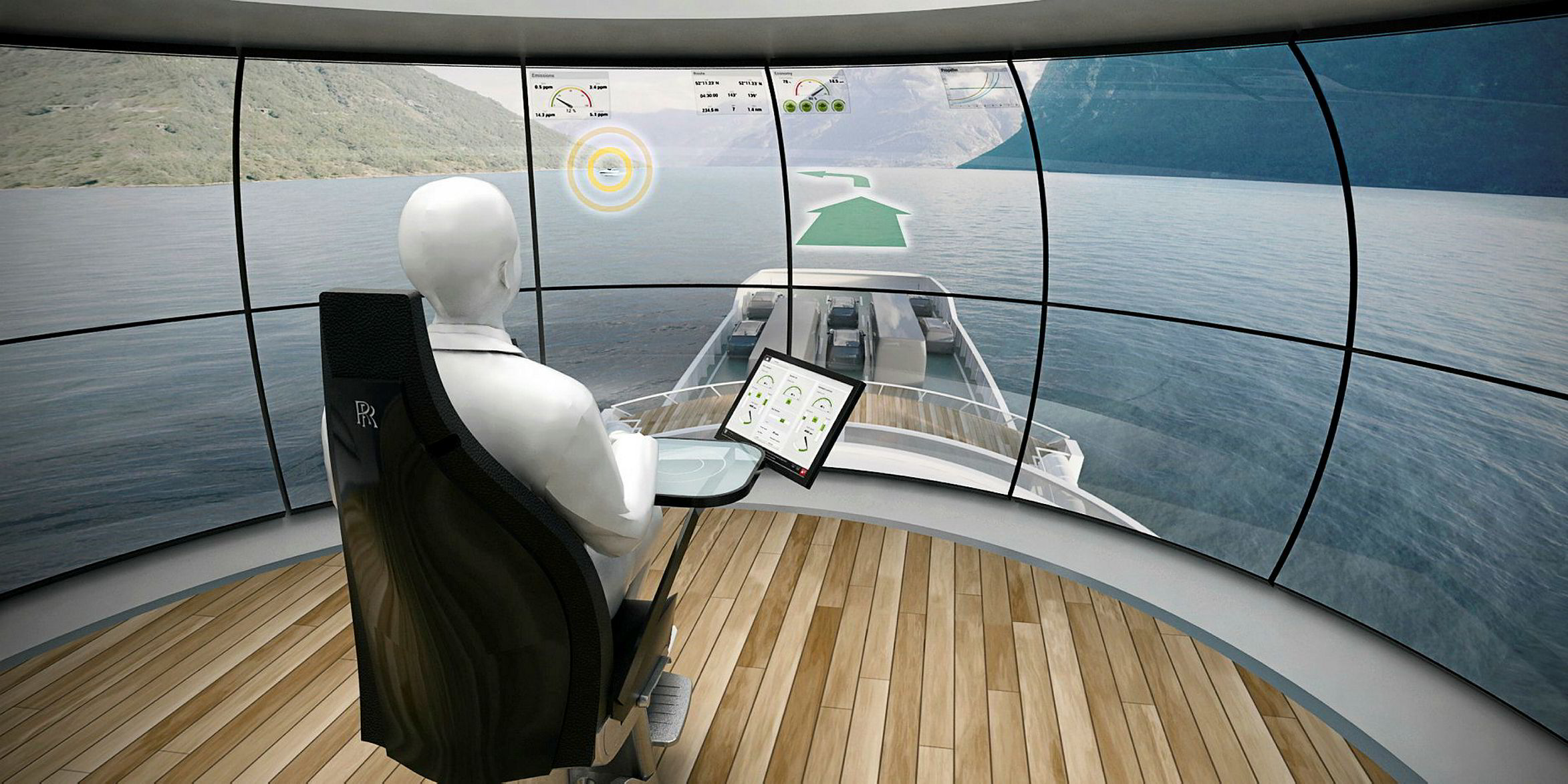Shipping’s legislative framework needs a complete overhaul if it is to remain relevant in a future filled with automated vessels. The legal and insurance framework supporting marine casualty investigation is unlikely to be able to function effectively for an automated casualty under the current regime, in particular the International Safety Management Code and the International Convention on Standards of Training, Certification and Watchkeeping for Seafarers.
While the introduction of automated ships may result in fewer casualties — if you believe the statistics that more than 80% of casualties are caused by people-related faults or actions — the potential legal and insurance environment surrounding an investigation into a casualty involving an automated vessel has yet to be fully considered.

Exploring options
Examining possible scenarios, it is easy to conclude that the content and wording of all international conventions and regulations will need careful review. We need to realise that continued automation is inevitable — and rules and regulations will have to be amended substantially to take account of that.
Continued automation is inevitable — and rules and regulations will have to be amended substantially to take account of that
Not only is it obvious that the present framework does not take into account the level of automation predicted, it is also evident that the methods of casualty investigation on those automated ships will inevitably have to change too.
We see that happening already, given the evidential value of electronic data available from voyage data recorders and electronic charts, and how the courts tend to accord higher credibility to that evidence over any other.
As automation advances, it is difficult to predict with certainty the exact nature of tomorrow’s shipping industry. There is no firm view on where the technology will lead us, or how quickly, and that makes legislating and preparing for it all the more difficult.
What we do know is that increased automation is coming to shipping and it is going to change things markedly. The fundamental issue is making sure that the legal and insurance framework can respond adequately to those changes, which certainly is not the case at the moment.
Higher tempo
The pace of regulatory change needs to steam ahead too. Shipping has traditionally been slow to react to changing technologies; this time, we need to ensure it really is ahead of the game, and that will require serious legwork from bodies such as the IMO to make sure all regulations are updated to accommodate automated ships.
I understand that work is being undertaken at the moment, but it will be a long process.



